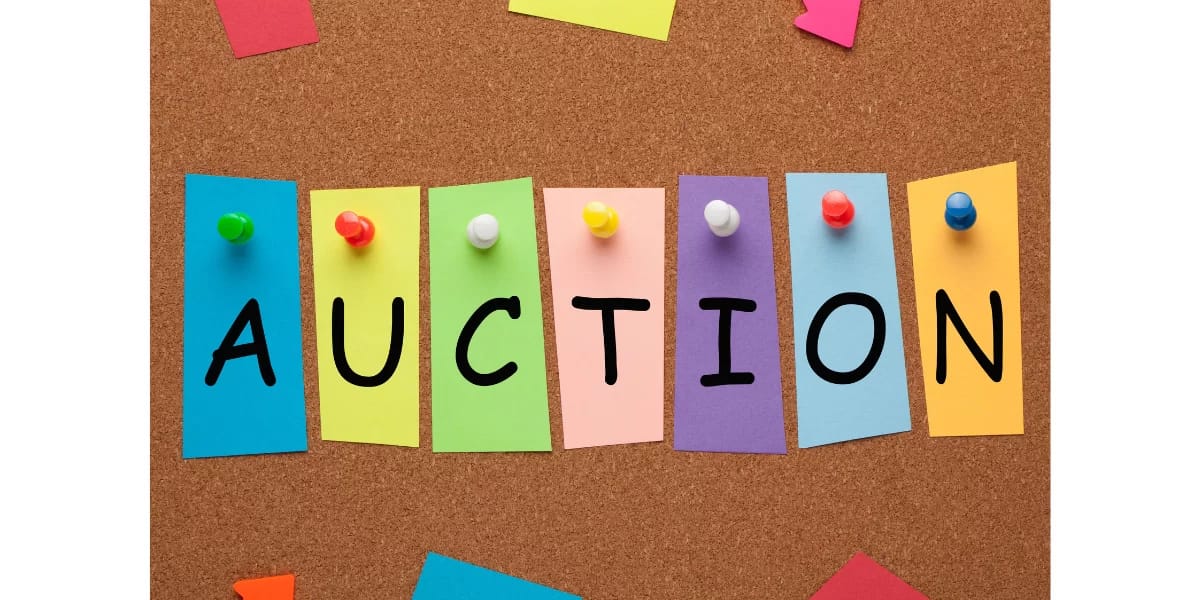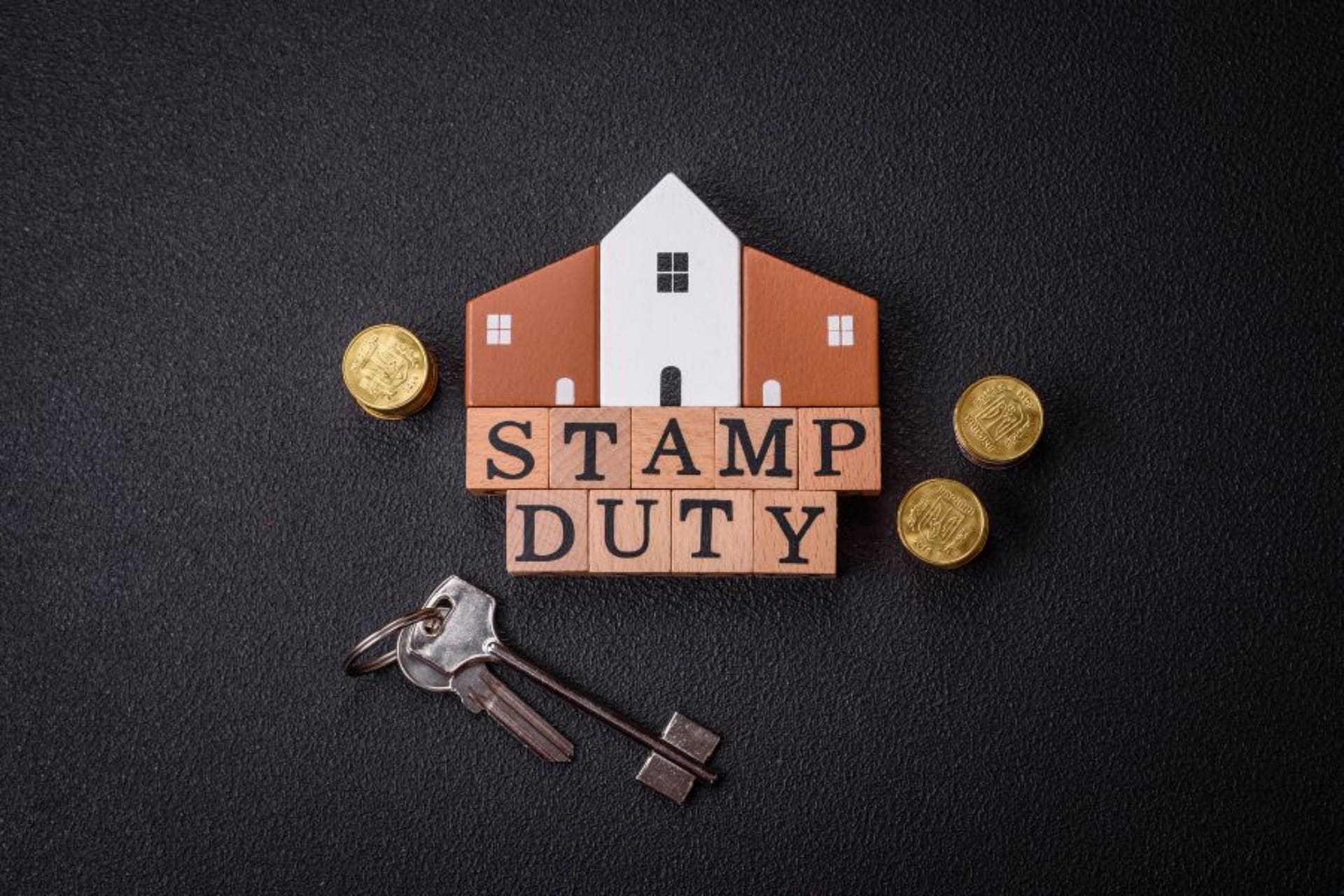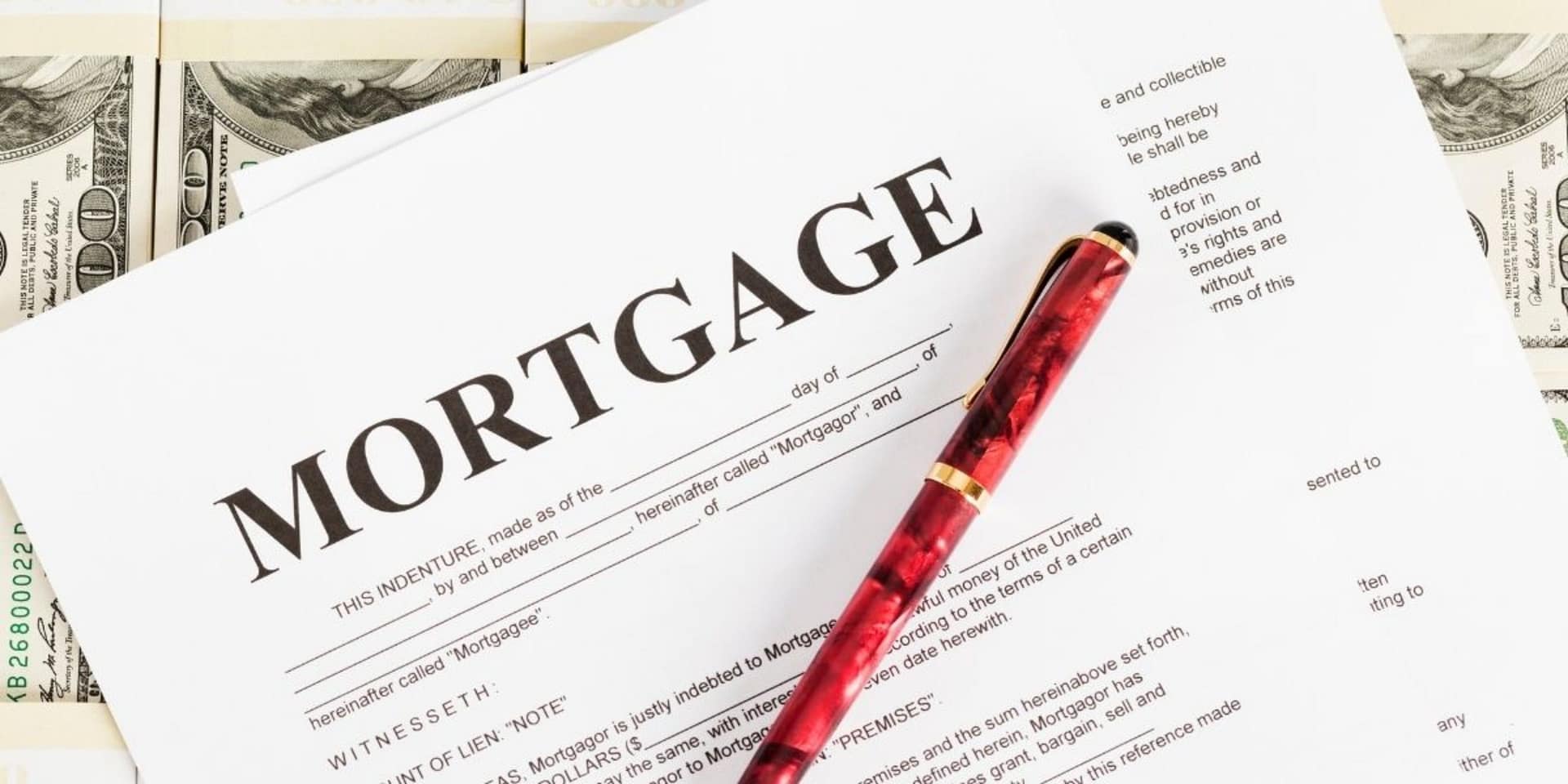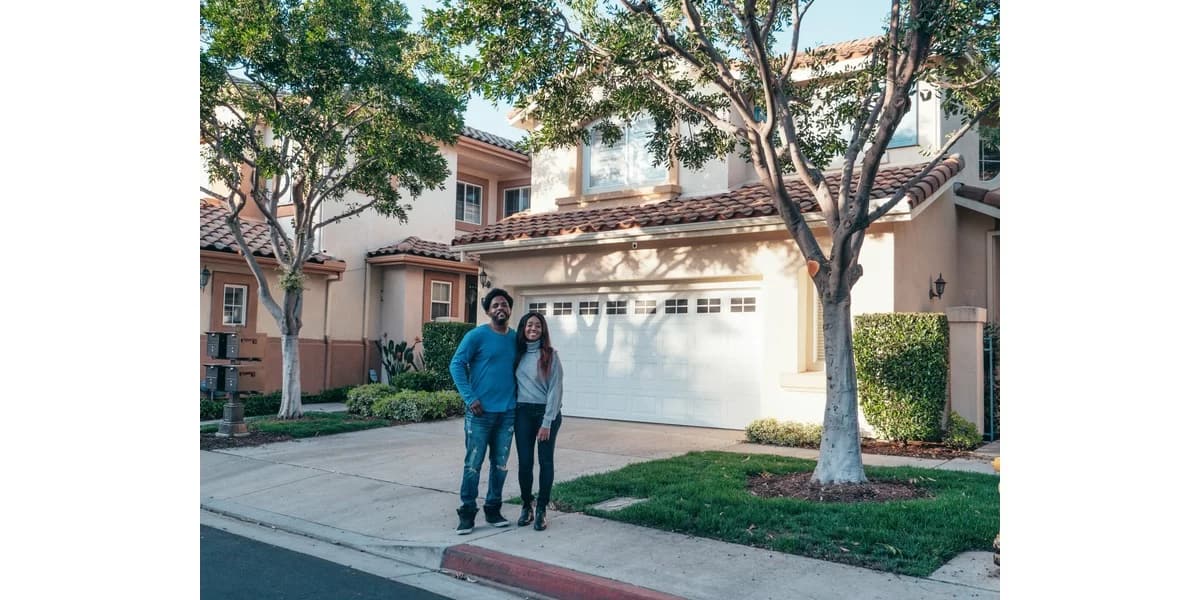When you’re buying or selling a home at auction in Australia, one of the most important terms to understand is the reserve price. It’s a term that can confuse people, especially if you’re going through the auction process for the first time. But what exactly is a reserve price in an auction, and why does it matter so much?
Put simply, the reserve price is the minimum amount a seller is willing to accept for their property at auction. It plays a key role in how an auction unfolds, and it affects both buyers and sellers.
Let’s take a closer look at how reserve prices work, who sets them, and what happens if they are not met.
Table of Contents
ToggleHow Does Reserve Price Work at an Auction?
The reserve price is like a hidden safety net for the seller. It is the lowest price they are prepared to sell their home for. Once the bidding reaches or goes above this amount, the property is officially “on the market,” and it must be sold to the highest bidder.
Until that point, the seller is not required to accept any of the bids. If bidding stops below the reserve, the property may be passed in, which means it didn’t sell at auction. However, there’s often a chance for the highest bidder to negotiate with the seller after the auction ends.
From a buyer’s point of view, the reserve price can feel like a mystery. Bidding may be active and competitive, but unless the auctioneer announces that the property is “on the market,” buyers don’t know if they’re close to winning.
Here’s how it works on auction day:
- The auctioneer starts the bidding.
- Buyers place bids in increments (for example, $10,000).
- If the bidding reaches the reserve, the auctioneer may say, “We’re on the market.”
- Bidding continues until the final call.
- If the highest bid is at or above the reserve, the property is sold.
This system is designed to protect sellers from having to accept a price that is lower than they’re comfortable with.
Also Read: Selling House at Auction in QLD
Who Sets the Reserve Price and When Is It Decided?
The reserve price is set by the seller, usually after receiving advice from their real estate agent. It is typically based on:
- Current market conditions
- Recent sales in the area `1
- Interest in the property
- The seller’s own financial needs or goals
It’s important to remember that the seller is not choosing this number at random. They’ll often have a strong sense of what their home is worth, and they’ll discuss it closely with their agent before the auction campaign begins.
In most cases, the reserve is finalised shortly before auction day, often within 24 hours of the event. This allows time for the seller to consider all buyer interest and any feedback received during open inspections.
Sellers should consider taking their time when deciding on the reserve. It should be realistic and based on solid advice, but it also needs to give them some room to achieve the price they’re hoping for.
Is the Reserve Price Disclosed to Buyers Before the Auction?
No, the reserve price is not made public before the auction.
This is done on purpose. If buyers knew the reserve price early on, it could affect their strategy or reduce competition. The idea is to let the bidding take its natural course and encourage genuine interest from multiple buyers.
Instead, buyers will often hear what’s called a price guide or price range during the auction campaign. This is a general idea of what the property might sell for, but it’s not a guarantee or a direct reflection of the reserve price.
Once bidding hits the reserve during the auction, the auctioneer will usually make a clear statement like:
“We are now on the market. The property will be sold.”
At that moment, everyone knows the reserve has been met, and the auction becomes a race to the highest bid.
For buyers, it’s important to stay informed, ask the agent questions, and do research on comparable sales. This will give you the best chance of understanding whether the property might be within your budget—even without knowing the exact reserve.
Can the Reserve Price Be Changed During the Auction Campaign?
Yes, the seller has the right to change the reserve price before the auction starts—even up to the last minute.
This is actually quite common. Sometimes, sellers adjust their reserve based on how much interest there has been during the campaign. If there’s strong demand, they may feel confident setting the reserve higher. If there’s less interest than expected, they may lower it slightly to encourage more competition on auction day.
What sellers cannot do is change the reserve once it has been reached during the auction. At that point, the property must be sold to the highest bidder.
Any changes to the reserve should be made in consultation with the selling agent and should reflect a fair and realistic expectation of value.
Buyers should keep in mind that although the reserve can change, it’s always the seller’s final call. That’s why it’s so important for buyers to attend inspections, ask questions, and feel confident about their offer before auction day.
Also Read: Auction Settlement Period QLD: A Complete Guide for Buyers
Let the Hammer Fall with Confidence
Understanding what is the reserve price in an auction helps both buyers and sellers make informed choices. The reserve acts as a fair limit, giving sellers peace of mind while still allowing the auction process to be competitive and exciting for buyers.
It’s one of the most important pieces of the auction puzzle, and knowing how it works can give you more control during what is often a high-pressure event.
Whether you’re selling a family home or bidding on your first property, being prepared and having the right advice can make all the difference.
Need Trusted Advice for Your Auction Sale or Purchase?
Have questions about how auctions work or what to expect from your contract? Let CJC Law guide you through it with care and clarity. Our experienced conveyancers work closely with buyers and sellers across Australia, providing reliable support before, during, and after auction day.
Contact us today for a no-obligation chat about your property plans.




